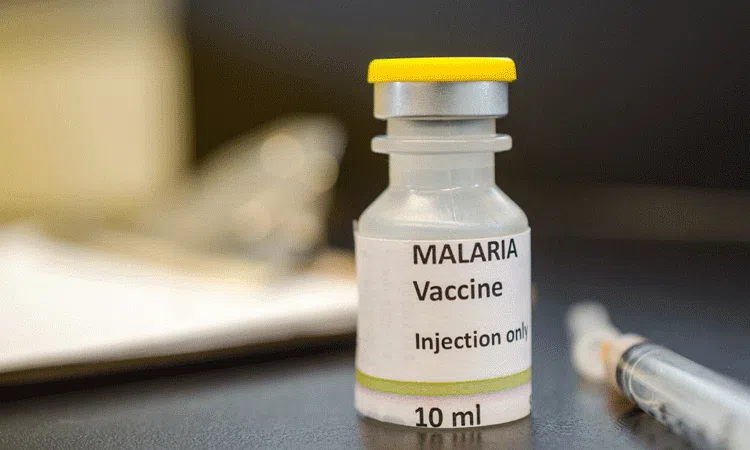
With its breakthrough in Ghana, Kenya, and Malawi, there are strong indications that the world’s first malaria vaccine will soon be available in Nigeria and across Sub-Saharan Africa.
Currently, one million children in Ghana, Kenya, and Malawi have received at least one dose of the first malaria vaccine known as RTS, S/AS01E, and marketed under the brand name Mosquirix.
The majority of malaria deaths occur in children under the age of five, so the campaign focuses on them.
Findings from the World Health Organisation, WHO, pilot study in Ghana, Kenya, and Malawi, showed that the pioneering vaccine caused a significant reduction in severe malaria and hospitalization among vaccinated children.
As John Bawa, Africa lead for vaccine implementation at PATH’s Programme for Appropriate Technology in Health revealed, the findings pave the way for a wider distribution scheme, which will see the vaccines delivered to countries like Mozambique, Nigeria, and Zambia.
Bawa who spoke during a webinar to commemorate the 2022 World Malaria Day, noted: “The next is to deploy the vaccine to other endemic countries. GAVI expects countries interested in the vaccine to submit applications between June and September.”
Bawa said that Nigeria, Mozambique, Uganda, and Zambia have written to express their interest in the vaccine at the webinar organized by the African Media and Malaria Research Network (AMMREN), PATH, and Kintampo Health Research Centre (KHRC).
Malaria vaccine coverage in Malawi is expected to reach 88% in 2020 and 93% in 2021, according to his projections. Ghana had a 2020 rate of 71% and a 2021 rate of 76%, while Kenya had a 2020 rate of 69% and a 2021 rate of 83%.
“These numbers indicate strong community demand and the capacity of childhood vaccination platforms to effectively deliver the vaccine to children,” said Bawa. Bawa said.
WHO administered these vaccines as part of a test run. The organization now recommends the vaccine for use among children in areas where malaria transmission is moderate to high.
When it comes to some countries, Gavi is covering about 80% of vaccine costs, while governments in those countries are expected to pick up the remaining 20%, Bawa said.
It has been confirmed that Nigeria’s government and Prince Ned Nwoko Foundation Malaria Eradication Project have applied to purchase the vaccine for use in Nigeria, according to Wellington Oyibo of the University of Lagos.
As a result, Oyibo said, Nigeria’s government chose the most malaria-infested areas to begin the rollout of the vaccine first.
he urged African leaders to make sure that their counterpart funds were available to purchase the vaccine
This vaccine is not just a scientific breakthrough; it is life-changing for families across Africa,” says WHO Director-General Dr. Tedros Adhanom Ghebreyesus. Science and innovation can have a positive impact on health, as this study shows.”
A total of $155.7 million has been set aside by Gavi, the Vaccine Alliance, to help countries in Sub-Saharan Africa that are eligible for the program introduce, procure, and distribute the malaria vaccine.
GlaxoSmithKline, the makers of the RTS, S vaccine, will transfer technology and patents to Bharat Biotech in India to manufacture the vaccines to increase vaccine supply and coverage.
Sub-Saharan Africa’s Gavi-eligible countries will benefit from the funding, which will help with the vaccine’s introduction in 2022-to-2025.
More than 400,000 people are killed by malaria each year, most of them children in Africa.
- Tags: Malaria, Malaria Vaccine




